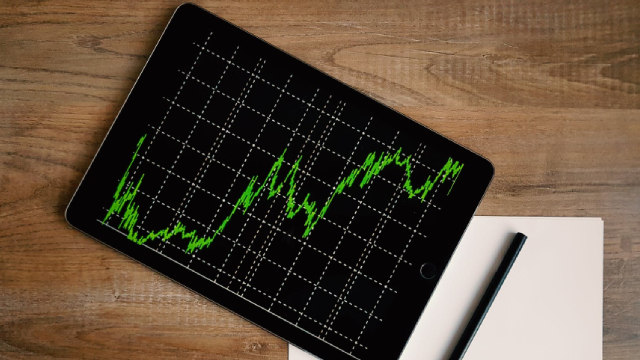FTC: A Mixed Bag of Large-Cap Securities
Diving into the Details of FTC
FTC, a well-diversified basket of 187 large-cap securities, is carefully selected for their strong growth characteristics and weak value features. This selection process ensures that investors have exposure to companies with potential for significant growth in the future. The ETF’s index is reconstituted quarterly, providing investors with up-to-date holdings that reflect the current market conditions. With an expense ratio of 0.58%, FTC offers investors a cost-effective way to gain exposure to large-cap growth stocks.
FTC’s AlphaDEX methodology sets it apart from other ETFs by aiming to enhance returns through the use of secondary screens that cover momentum and short-term sales growth. While this approach can potentially boost returns, it also filters out high-quality stocks, resulting in one of the lowest-quality large-cap growth ETFs on the market. Investors should be aware of this factor when considering FTC as part of their investment portfolio.
Furthermore, FTC’s selections are highly leveraged, with an average interest coverage ratio 9x lower than its peers. This leverage can amplify returns in a bullish market environment, but it also exposes investors to higher levels of risk. It is important for investors to carefully evaluate their risk tolerance and investment goals before including FTC in their portfolio.
How FTC’s Characteristics Impact You
As an investor, the unique characteristics of FTC can have both positive and negative implications for your investment portfolio. On one hand, the ETF’s focus on strong growth companies can provide the potential for significant returns in the long run. However, the exclusion of high-quality stocks and high levels of leverage also increase the overall risk of the investment. It is crucial for you to carefully weigh these factors and consider how they align with your investment objectives before investing in FTC.
How FTC’s Characteristics Impact the World
On a larger scale, FTC’s characteristics can have an impact on the overall market environment. The ETF’s focus on large-cap growth stocks reflects investors’ appetite for high-growth companies, which can contribute to increased market volatility. Additionally, the use of leverage in FTC’s selections can amplify market movements, potentially leading to greater instability in the market. It is essential for investors and market participants to closely monitor the impact of ETFs like FTC on the broader market to ensure a stable and sustainable investment environment.
Conclusion
FTC’s unique characteristics make it a compelling investment option for investors seeking exposure to large-cap growth stocks. However, investors should be aware of the risks associated with the ETF, including the exclusion of high-quality stocks and high levels of leverage. By carefully evaluating these factors and considering their own investment goals, investors can make informed decisions about including FTC in their portfolio. Additionally, market participants should closely monitor the impact of ETFs like FTC on the broader market to ensure a stable and sustainable investment environment.





